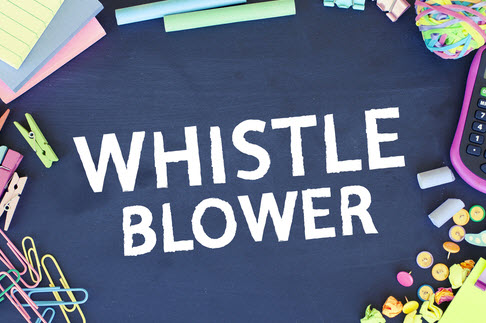What is the Dodd-Frank Act?

The Dodd-Frank Act’s official name is the Dodd-Frank Wall Street Reform and Consumer Protection Act, which was passed in 2010 during the Obama administration to address concerns surrounding the 2008 financial crisis. It gets its name from U.S. Senator Christopher J. Dodd and U.S. Representative Barney Frank, who were the original sponsors. It enhances the U.S. Commodity Future Trading Commission’s (CFTC) authority over the more than $400 trillion swaps market.
Swaps Regulation
In the financial world, a swap is a transaction between two parties who exchange sequences of cash flows for a stated time period. Prior to the 2008 financial crisis, these swaps were not regulated in the United States. Under the Dodd-Frank Act, the CFTC can regulate swap dealers, setting forth strict requirements they must meet, including recordkeeping and reporting. The act also increases transparency and improves prices in derivatives. Rather than the old method of trading out of the public eye, standardized derivatives are required to be traded through swap execution services or regulated exchanges.
Lastly, it reduces public risk by centralizing standardized derivatives into clearinghouses who will act as an intermediary between the two parties and assume the risk if one defaults on its obligations. The idea of utilizing clearinghouses has been around since the late 1800’s, but the Dodd-Frank bill introduced them to the swaps marketplace.
The Dodd-Frank Act and SEC Whistleblowers
The Dodd-Frank Act created an amendment to the Exchange Act and added Section 21F, which is called “Securities Whistleblower Incentives and Protection.” This section provides for monetary awards to eligible people who bring forth original information that leads to successful SEC enforcement sanctions and related actions. One condition of this amendment is the awarded monetary sanctions must exceed $1 million.
Once sanctions are collected, awards are made in an amount equal to 10 to 30 percent of the sanction amount. In order to qualify for a potential award, whistleblowers have to meet certain criteria, as does the information they present. To protect victims of securities law violations, Congress established the Investor Protection Fund, which is where whistleblowers are paid from if eligible.
Office of the Whistleblower (OWB)
The SEC established the Office of the Whistleblower, or the OWB, which is located within their Division of Enforcement. Its purpose is to administer an aggressive whistleblower program that helps the SEC identify and stop securities frauds quicker, thereby minimizing the loss to investors.
The SEC recognized the importance of whistleblower information and set forth the Whistleblower Rules, which prohibited employers from retaliating against employees who report wrongdoing when they have reasonable suspicion that a securities violation has taken place, or is about to happen.
From the program’s inception through the end of Fiscal Year 2017, the SEC has paid almost $160 million to 46 different whistleblowers. Three of the largest awards happened in 2017, with the most recent one resulting in a $4 million award. This whistleblower brought forth information that was the primary trigger for the investigation being opened.
What to do If You Suspect Securities Fraud
If you’re in a situation where you believe there is some sort of securities fraud taking place, or about to take place, it’s in your best interest to retain an experienced whistleblower securities fraud attorney. Our Florida team has years of experience in whistleblower actions, and the know-how to evaluate your claim and handle reporting the potential fraud to the SEC. Contact Rabin Kammerer Johnson at 561.659.7878 to schedule a confidential consultation.
Resources:
cftc.gov/LawRegulation/DoddFrankAct/index.htm
sec.gov/files/sec-2017-annual-report-whistleblower-program.pdf
